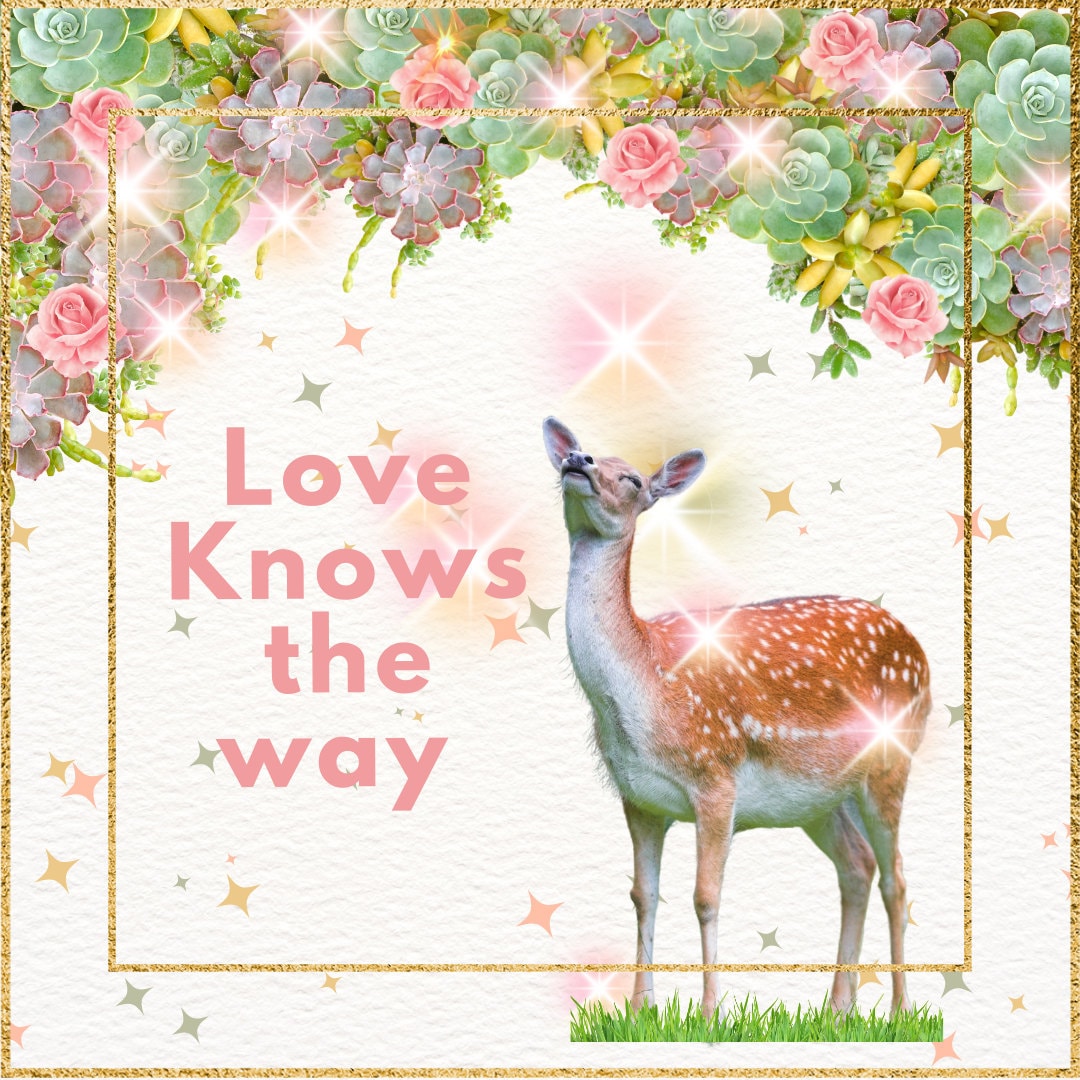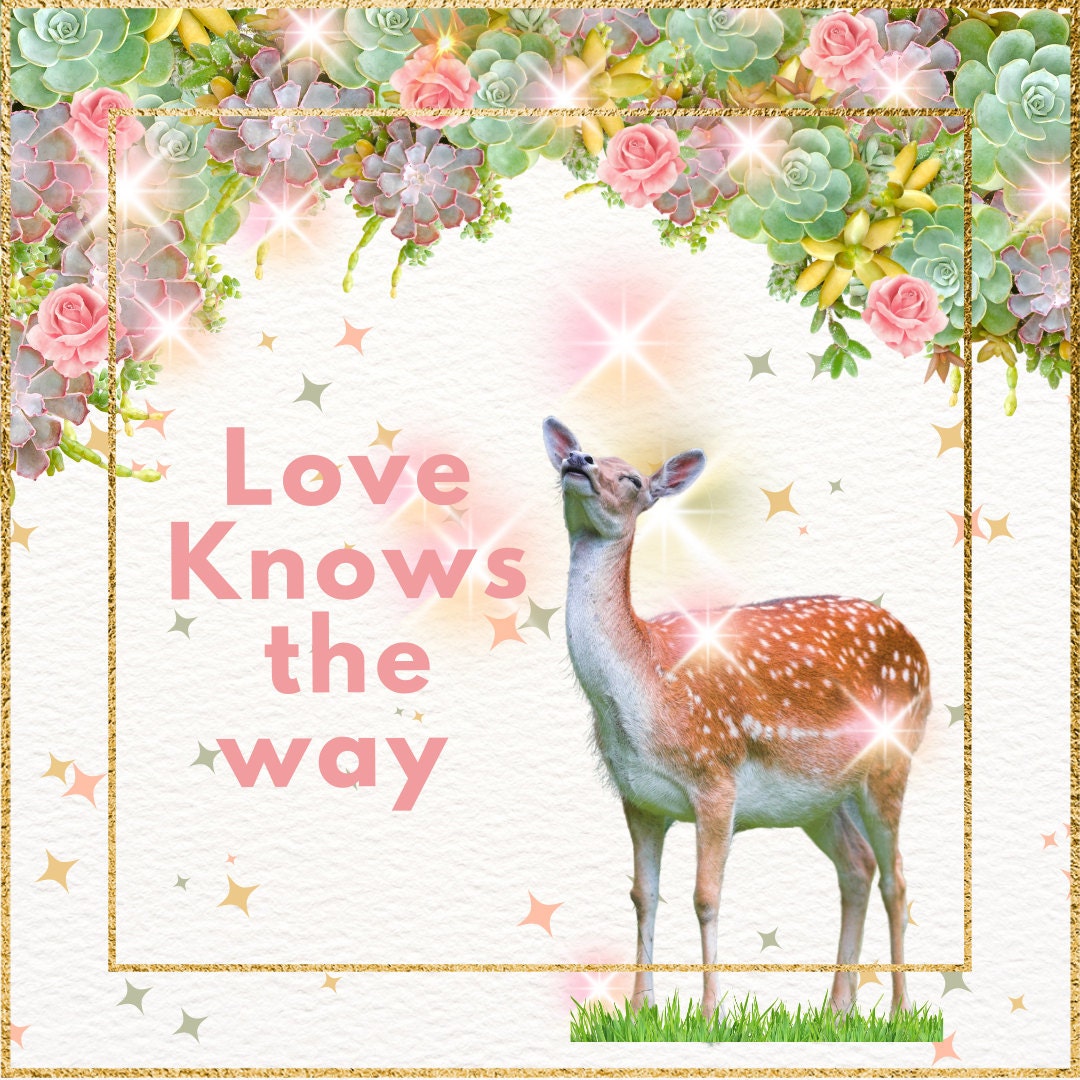
The Albatross of Consumption: Breaking the Curse of Environmental Destruction
“Instead of the cross, the Albatross About my neck was hung.” —Samuel Taylor Coleridge, The Rime of the Ancient Mariner
Introduction: A Warning from the Past
In Samuel Taylor Coleridge’s 1798 poem The Rime of the Ancient Mariner, a sailor kills an albatross, an act that brings a devastating curse upon him and his crew. The ship is doomed to wander, its crew suffering under an unrelenting sun, becalmed in stagnant waters. The mariner’s crime—his disregard for the sacredness of nature—becomes his eternal burden.
More than two centuries later, humanity finds itself in a similar predicament. We have slain our own albatross—clear-cut forests, polluted oceans, poisoned soil, and burned fossil fuels with reckless abandon. And now, we bear the weight of our actions: a planet ravaged by climate change, mass extinction, and environmental collapse. Unlike Coleridge’s mariner, however, we are not cursed to wander alone. Our burden is shared by all life on Earth, from the most vulnerable communities to the endangered species vanishing from existence.
The question remains: will we learn to honor nature before it is too late, or will we continue to drag this albatross, tightening the noose around our collective future?
The State of the Planet: A Scientific Reckoning
Our current trajectory is unsustainable. Science has laid bare the consequences of our actions, but like the mariner and his doomed crew, many refuse to listen.
1. The Disappearing Soil Beneath Our Feet
According to the United Nations Food and Agriculture Organization (FAO), over 52% of global topsoil has already been lost due to industrial agriculture, deforestation, and unsustainable land use (FAO, 2022). Without healthy soil, food production collapses, biodiversity declines, and carbon sequestration weakens—accelerating climate change.
Indigenous communities have long practiced regenerative agriculture, understanding that soil is a living system, not an expendable resource. The Haudenosaunee (Iroquois) concept of Seventh Generation Stewardship teaches that every decision should consider its impact on those who will live seven generations in the future. Yet modern industries continue to prioritize short-term profit over long-term sustainability.
2. Oceans Choked with Plastic and Poison The Earth’s oceans—once vast, resilient, and life-giving—are now drowning in plastic. The United Nations Environment Programme (UNEP) reports that over 11 million metric tons of plastic enter the ocean annually, suffocating marine life and contaminating food chains (UNEP, 2023). Microplastics have been found in the blood of humans, the bellies of seabirds, and even deep-sea trenches.
Coral reefs—home to 25% of marine species—are dying due to ocean acidification, a direct consequence of fossil fuel emissions. Without urgent action, 90% of coral reefs could be gone by 2050 (IPCC, 2021).
3. The Sky is Falling: Climate Chaos and the Atmosphere
The atmosphere is another casualty of our industrialized greed. Greenhouse gas emissions continue to rise, leading to record-breaking temperatures, wildfires, hurricanes, and droughts (NASA, 2023). The IPCC warns that unless we drastically cut emissions, global temperatures could rise by 3°C or more—far beyond the Paris Agreement target.
In 2023 alone, extreme weather events displaced over 40 million people worldwide (Internal Displacement Monitoring Centre, 2023). Those least responsible for climate change—the global poor and indigenous communities—are suffering the worst consequences.
The Albatross Around Our Necks: Greed, War, and Consumption
Like the mariner’s ship stranded in a lifeless sea, modern society is stagnating under the weight of its own excess. Fast fashion, fossil fuels, disposable gadgets, and endless consumption have created a world addicted to waste.
• The fashion industry alone produces 92 million tons of textile waste annually, much of it ending up in landfills or polluting rivers (Ellen MacArthur Foundation, 2022).
• The world’s richest 1% produce more carbon emissions than the poorest 50% combined (Oxfam, 2023).
• Wars fought over resources continue to fuel environmental destruction, from deforestation in the Amazon to oil spills in conflict zones.
Wealthy nations and corporations, much like the mariner who ignored the signs of nature, refuse to change course—even as the consequences become increasingly dire.
Indigenous Wisdom: The Path to Rebalancing the World
Indigenous leaders worldwide have long warned of the dangers of ignoring nature’s balance. From the Standing Rock Sioux Tribe’s resistance against oil pipelines to the Amazonian Indigenous Peoples’ fight against deforestation, these communities are on the frontlines of environmental justice.
Chief Raoni Metuktire of the Kayapo people states:
“The forest is our life. If you take it away, you take away our spirit. But you also take away the world’s lungs.” (Rainforest Foundation, 2022).
Indigenous traditions emphasize reciprocity, respect, and long-term thinking—values that modern industrial society has abandoned. By learning from these teachings, we can begin to remove the albatross from our collective neck.
Breaking the Curse: A Call to Action
How do we remove the burden of our past mistakes? Solutions exist—but they require commitment, sacrifice, and global cooperation.
• End the Age of Fossil Fuels: A rapid shift to renewable energy is non-negotiable.
• Regenerate, Not Just Sustain: Regenerative agriculture, reforestation, and soil restoration can heal damaged ecosystems.
• Consume Less, Repair More: Fast fashion, cheap gadgets, and planned obsolescence must be replaced with durable, ethical alternatives.
• Honor Indigenous Leadership: Recognizing and supporting indigenous land rights is crucial for conservation and climate resilience.
• The Butterfly Effect: Every action, no matter how small, ripples outward. Change begins with us.
Conclusion: The Choice is Ours Coleridge’s mariner only found redemption when he learned to revere nature once more. Likewise, humanity’s fate is not yet sealed—but time is running out.
Will we continue carrying this albatross, dragging the planet into further chaos? Or will we finally listen—to science, to indigenous wisdom, to the Earth itself—and begin the process of restoration?
The choice is ours.
I hope we choose love over greed, harmony over destruction. We have so many beautiful things to learn from nature and each other. First we must love ourselves, heal ourselves. Then we will no longer be ble to harm each other or our planet. We can either stand up and support or we can ignore her at our own peril. Either way she desrves our gratitude, our respect, and our love.
